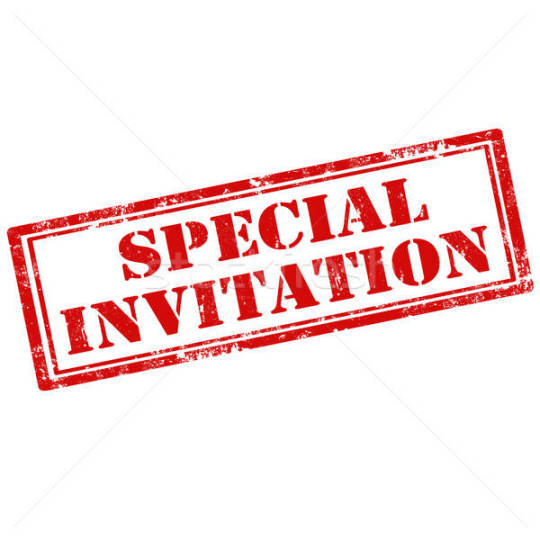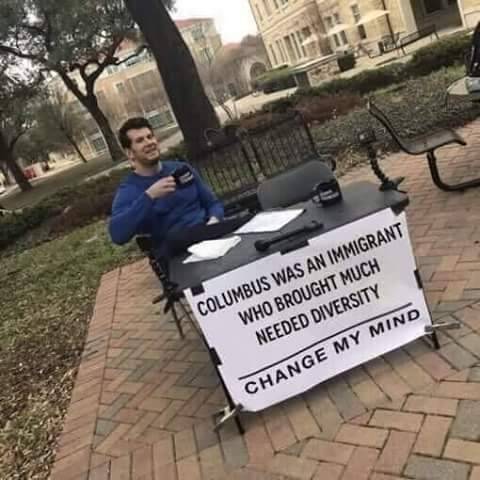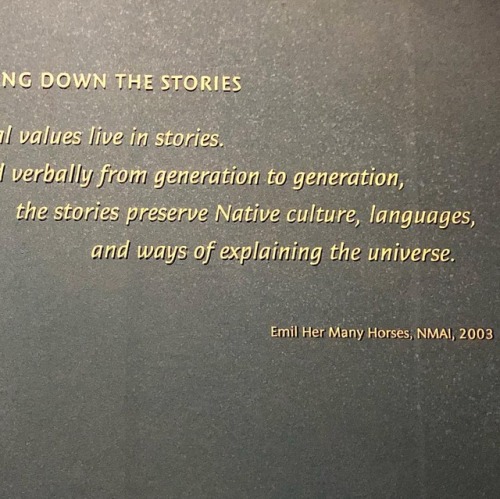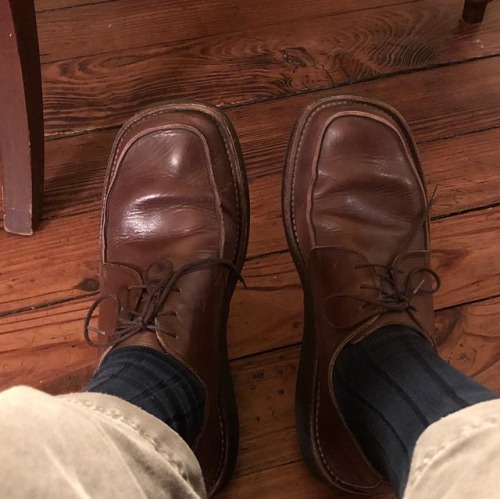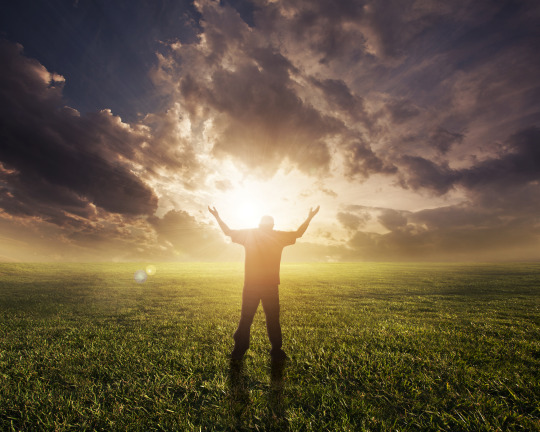
As a long time meditation practitioner, I’d had begun to suspect that there was something missing from my practice. What I was doing each morning felt a bit too solemn, private, and serious. It lacked what Hindus call Lila, or divine and joyous play. What was missing was revealed to me unexpectedly two summers ago when I met Jules Munns and Heather Urquhart of the London-based improv company, The Nursery. As part of a conference I was attending, Munns and Urquhart led us each morning through a series of improv exercises. The icebreaker-type activities brought an element of high play and spontaneity to the more serious proceedings of the conference.In my later conversations with Munns and Urquhart over the breaks between conference activities, it began to dawn on me that the aims of improvisation and the mindfulness practices were complementary. Each emphasizes an intense focus on the present moment, explores interdependence and paradox, and - albeit in different ways - provides a vehicle through which to explore the Shadow, that unconscious aspect of ourselves. Although you have to squint to find it, certain forms of improvisation can be found in a range of spiritual practices, mostly involving movement. For example, meditation teacher Shinzen Young, the author of The Science of Enlightenment, has a system of “auto-think,” “auto-chance” and “auto-walk” exercises which are formal means of uncovering spontaneity. Similar activities can be found in certain forms of qigong, the Chinese mind-body-spirit practice, and in the the Japanese art of katsugen or spontaneous, regenerative movement. What separates improvisation from these practices – and indeed from most forms of spiritual exercise – is its emphasis on fun. Although sages of most faith traditions encourage us not to take ourselves too seriously, the “too-serious” disease seems built into many devotional or contemplative activities. As June Maffin writes in the Soulistry blog, “Like prayer, laughter and play can be healing to the body, mind and soul. Laughter and play are holy things When we play, we leave behind the daily stressors and allow our spirit to breathe and re-create.” With this perspective in mind, I’ve joined forces with Ted DesMaisons and Cindy Franklin to create Yes to Life!: The Improvisation and Spirituality Weekend. It’ll take place March 13-15 at the beautiful Bishop’s Ranch retreat and conference center in Sonoma County, north of San Francisco.The three of us are very excited about this and hope you'll join us. Read more about what we have in mind by going to our event site. And register by January 15th to get our best rate. Get our best rate by selecting Early Bird during checkout (you must register before January 15th).We’ll send you a signed copy of Ted’s new book, Playful Mindfulness. If you live in the Bay Area and recruit two or more workshop participants to do this with you, one of us one of us will come to your home or site to facilitate a post-conference integration event. Want to gift someone an experiential gift? Drop us a note at info@divspirit.comafter you register and give us the person’s name. We’ll then send you a gift certificate. Hoping to see you in Sonoma County in Spring! Angelo
Read the full article
via Tumblr https://ift.tt/37isGeF
